
In a clip from the latest Onc Nurse on Call episode, social worker Kelly Grosklags explains that emotions strengthen the connection between patient and clinician in oncology.
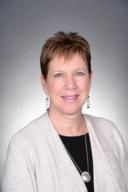
Patricia Jakel is a retired advanced practice nurse for the UCLA Santa Monica Solid Oncology Program who now serves as an oncology nurse consultant and an associate professor at UCLA School of Nursing. In 1997, she received the Advanced Practice Nurse of the Year Award from the ONS Los Angeles Chapter. She is an active member of American Nurses Association, the American Cancer Society, and the Oncology Nursing Society, and her personal research interests include survivorship, adverse event management, and quality-of-life improvement.

In a clip from the latest Onc Nurse on Call episode, social worker Kelly Grosklags explains that emotions strengthen the connection between patient and clinician in oncology.

Kelly Grosklags, LICSW, BCD, FAAGC, FT, shares advice for dealing with grief in oncology nursing, from treating patients in denial to showing emotion in front of them.

Multicancer early detection tests may expand screening options, but does the benefit outweigh the uncertainties?

Nurses are called to honor Alex Pretti’s memory through compassion and action.

Kelly Grosklags, LICSW, BCD, FAAGC, FT, shares insights for dealing with grief as an oncology clinician.

Nursing ethics expert Katherine Brown-Saltzman, MA, RN, shares insights on how to manage difficult ethical issues when treating patients with cancer.

Melinda Mayorga, RN, MSN, CNS, AGCNS-BC, OCN, discusses end-of-life care from a multidisciplinary perspective.

Lillian Rodich, PA-C, MPH, discusses how integrative oncology can give patients practical strategies for managing symptoms, regardless of financial barriers.

Kristin Daly, MSN, ANP-BC, AOCNP, shares advice for preparing patients for possible adverse effects outside of clinic hours.

Care at every step is the ethical duty of nurses, says Katherine Brown-Saltzman, MA, RN, in this episode of Onc Nurse On Call.

On this episode of Onc Nurse On Call, Kristin Daly, MSN, ANP-BC, AOCNP, discusses practical cancer care strategies in the age of immunotherapy.

Leaders in oncology nursing and advanced practice spotlight the essential role of advanced practice providers in oncology.
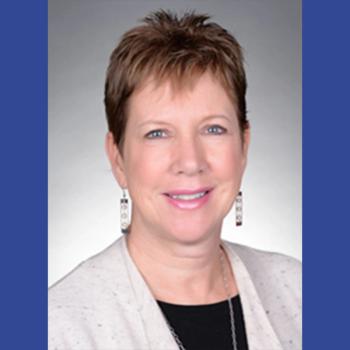
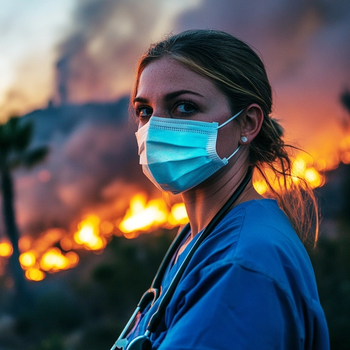
Hazards of the LA wildfires necessitate awareness that first responders and those central to the fires may be at risk for developing cancer.
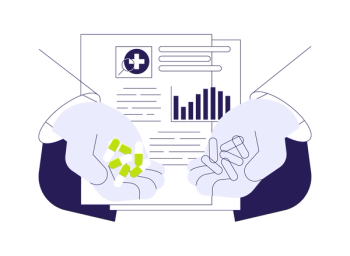
Although excitement surrounds the constantly changing landscape of cancer care, we have much to learn to keep our practices current.

Delivering hazardous drugs safely is complex but essential for the welfare of our health care workers and our patients.
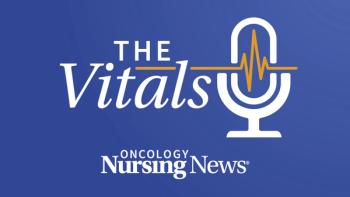
Quanna Batiste-Brown, DNP, RN, NEA-BC, FAAN, and Patricia Jakel, RN, MN, AOCN, discuss the reality of racism in nursing.
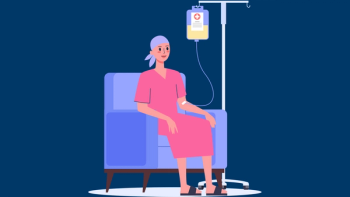
As we continue to slowly recover from the trauma of the COVID-19 pandemic, we are facing a new problem: chemotherapy shortages.
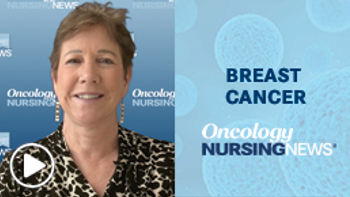
Patricia Jakel, RN, MN, AOCN, underscores some of the challenges nurses face when promoting adherence to oral medications.

Precision medicine is a term that has been in our oncology language for years, but changes are occurring quickly. As oncology nurses, we need to learn about genomics and biomarkers and what precision medicine means for patients’ outcomes.

The new model of care will seek to increase value-based care for patients receiving chemotherapy.
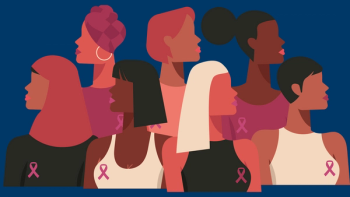
In 17 years, the mortality rate for Black women with breast cancer has not changed.
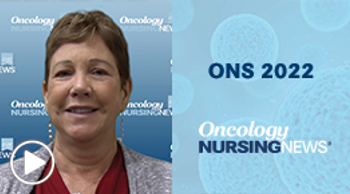
Patricia Jakel, RN, MN, AOCN, discusses burnout and compassion fatigue in acute oncology care.

Oncology nurses must assess the total pain of their patients by considering the physical, psychological, social, emotional, and spiritual elements.

Patricia Jakel, MN, RN, AOCN, reflects on the values of nursing Hackathons and encourages Hackathon participation from oncology nurses.
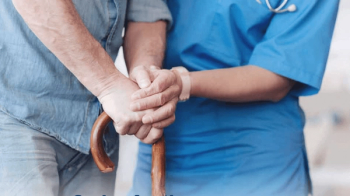
With estimates pointing to 26.1 million cancer survivors by 2040, the care of these individuals will need to be more than a care plan in their electronic medical record.

Psychological support services for patients and colleagues are critically needed and should be a vital component in postpandemic planning.

Digital health should be of special interest to oncology nurses, as monitoring and interventions for symptoms are the pillar of cancer care.

When administering oral therapies for HER2+ breast cancer, discuss adverse events and medication adherence.

To understand the impact of the pandemic, I asked clinical nurses to describe the 2020 The Year of the Nurse and Midwife in a few words. Everyone was eager to give a statement and many, many were very prideful for the nursing care done in 2020.

Published: December 8th 2022 | Updated:
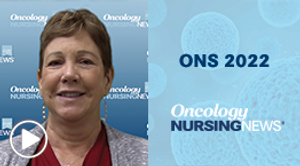
Published: May 17th 2022 | Updated:
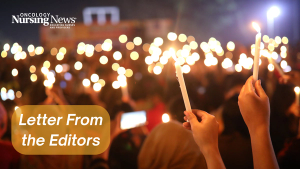
Published: January 30th 2026 | Updated:
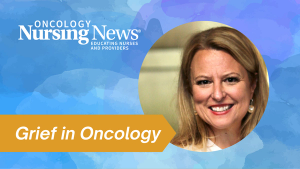
Published: February 9th 2026 | Updated:
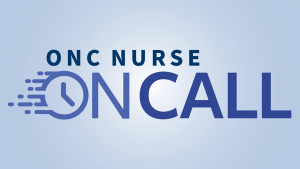
Published: February 4th 2026 | Updated:
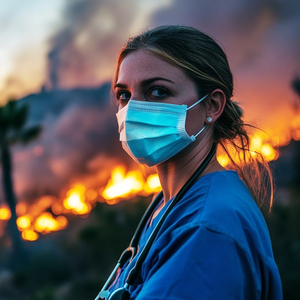
Published: March 3rd 2025 | Updated: